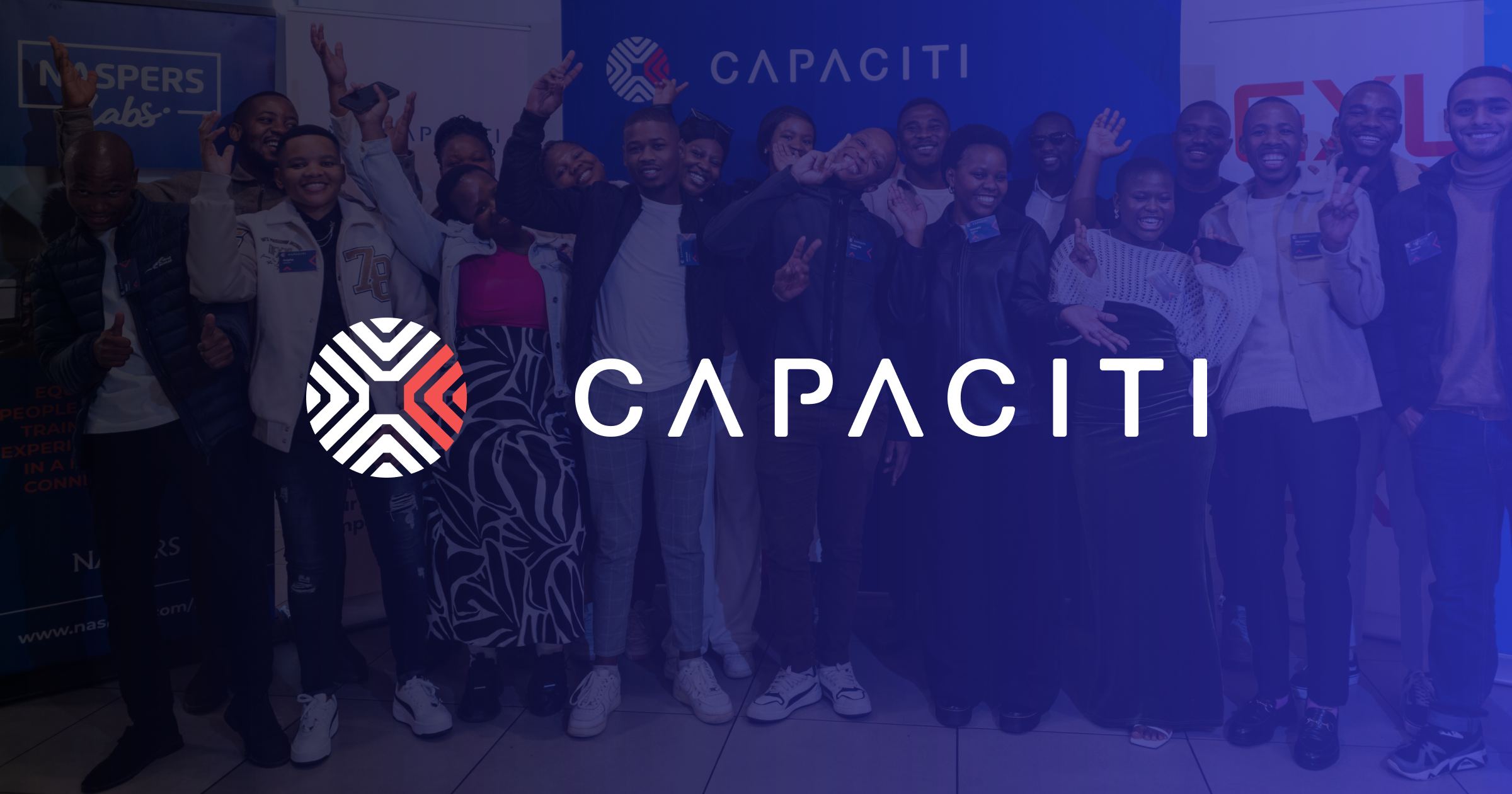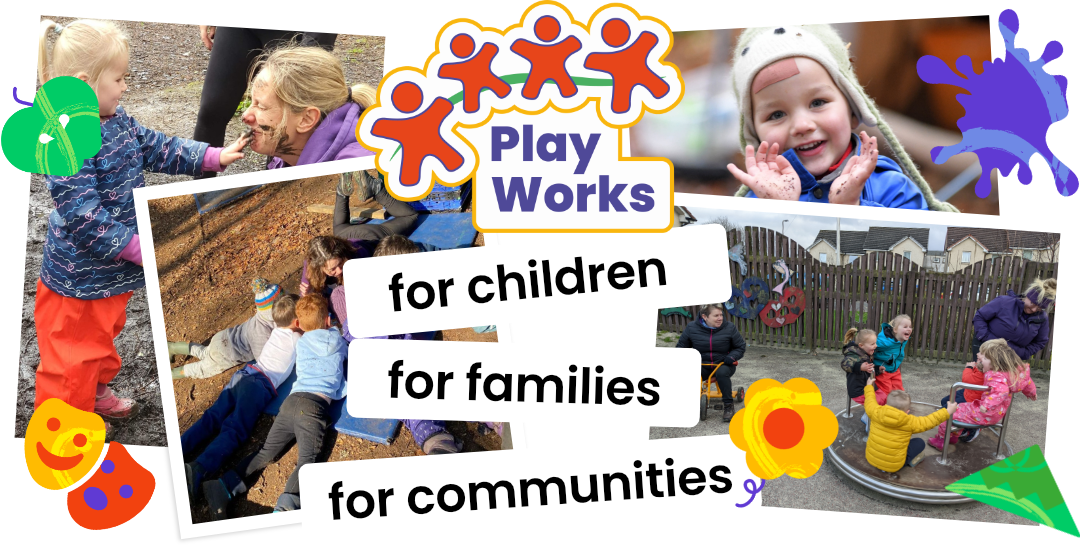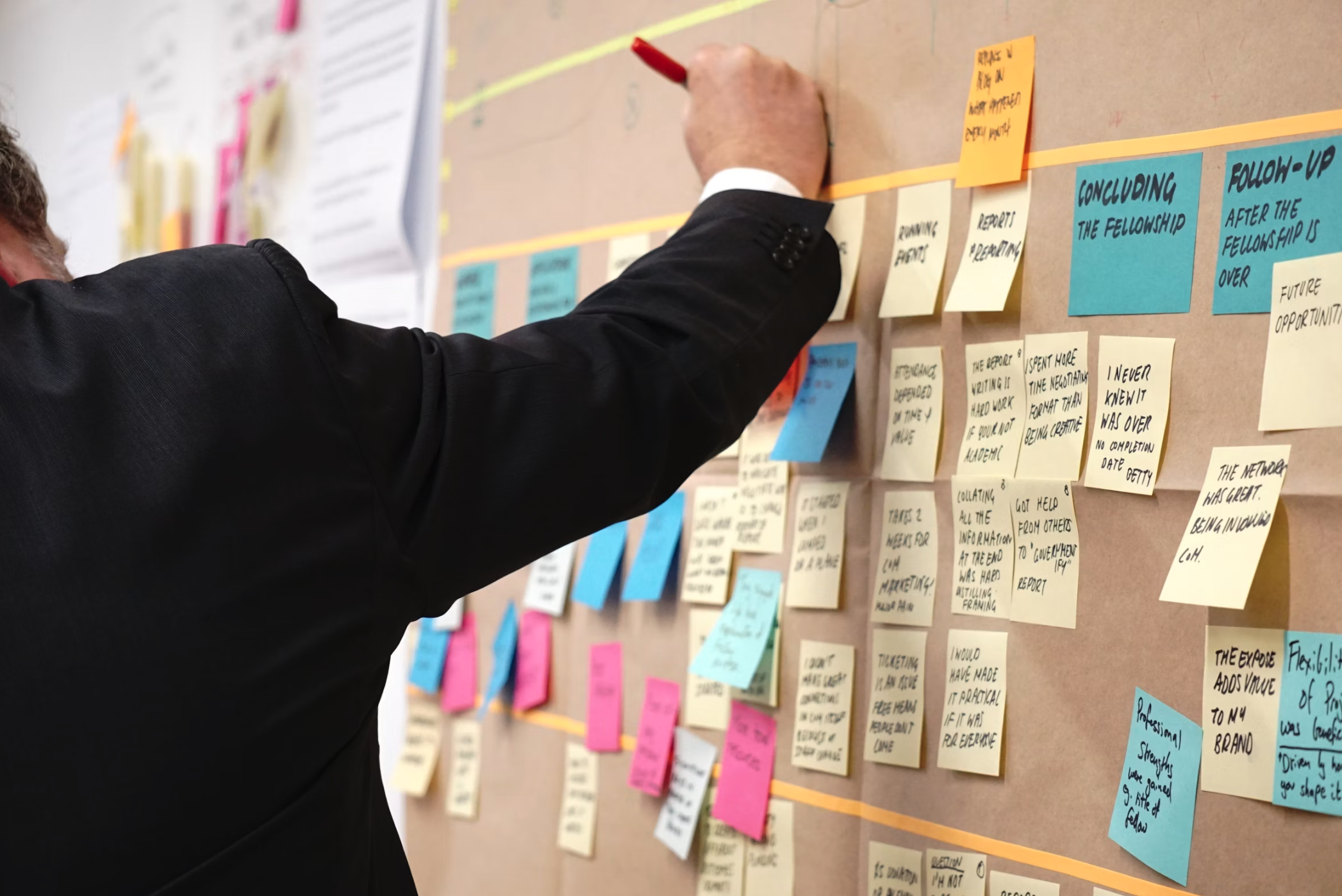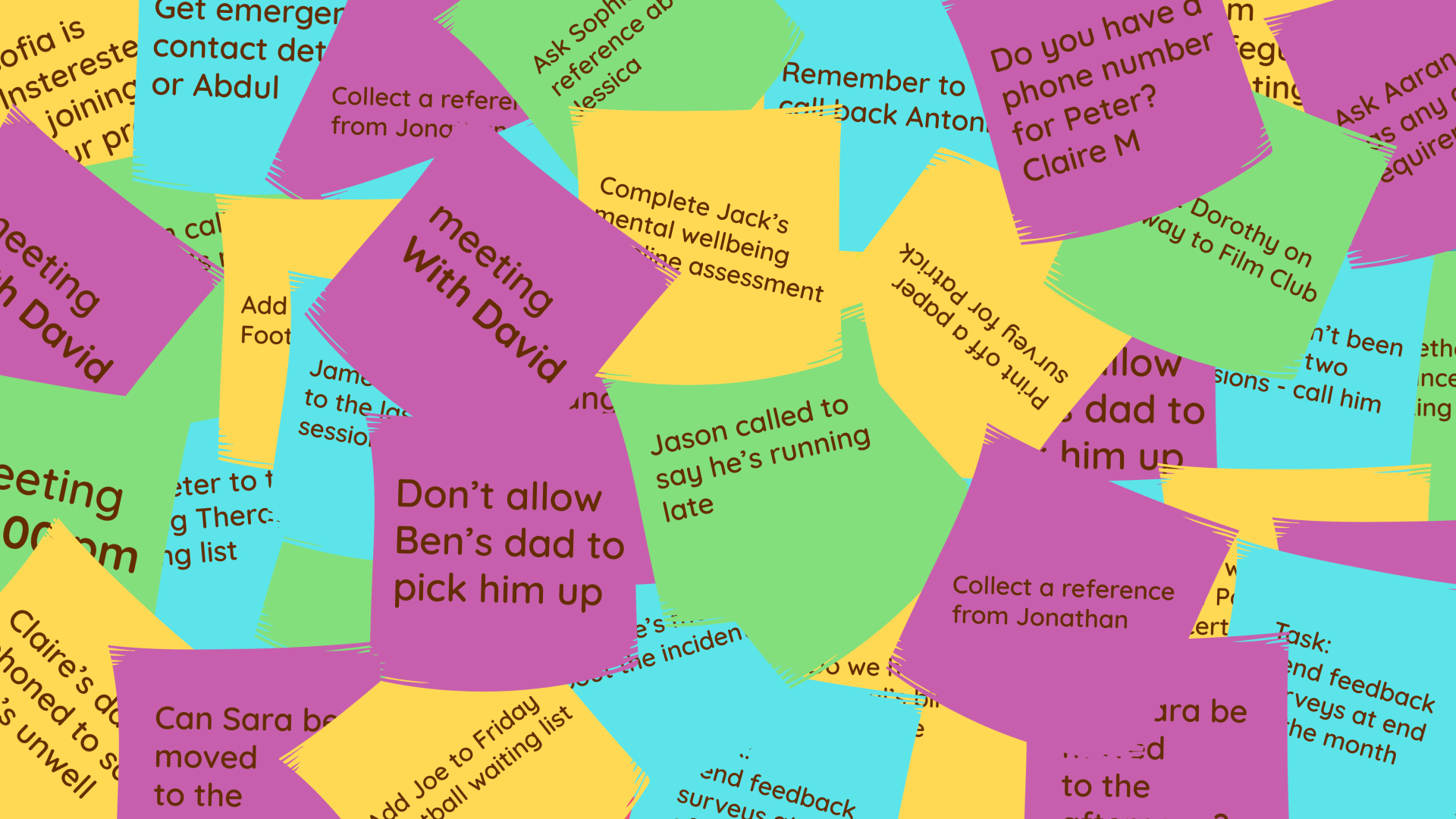In times of change, following the process isn’t always enough. Real innovation comes from working iteratively - learning from what happens, and letting results refine the way forward.
1. 🚦 Startups vs Systems: The Process Problem
Processes are essential. They help us do the right things in the right order. Whether it’s a policy, a checklist, or a Trello board, they show us what’s supposed to happen next.
But there’s a catch: processes are built on the assumption that we already know what works.
And if you’re trying something new - launching a feature, running a pilot, introducing a tool - you don’t know that yet. Which means sticking rigidly to a process can get in the way of what actually works best.
2. 🧪 The Solution: Iterate Through Doing
Instead of executing a process at full scale, do one small version of the full process - then learn from the result.
Here’s the shift:
3. 🍰 A Story About Cake (Yes, Really)
Imagine you’ve been asked to bake five cakes - but you’ve never baked one before. Your playbook says:
- Mix the ingredients
- Put it in the oven
- Add icing
You could do Step 1 for all five cakes… then bake all five… then decorate all five. We know that would be efficient, right?
But what if the recipe's wrong? You’ll have five sub-standard cakes.
Now imagine you bake just one cake from start to finish. Taste it. Adjust the mix. Try again. By cake five, you’ve got something truly delicious, bring on the Bake Off!
That’s iteration. And it’s exactly how teams can embrace uncertainty.
4. ⚙️ How to Build Iteration Into Your Team Culture
Here’s how to make sure your team stays led by outcomes - not stuck in processes:
- Default to pilots. When trying something new, do a small version start-to-finish first.
- Learn in loops. After each round, ask: What worked? What didn’t? What’s next?
- Document as you go. Let your process evolve from real results, not imagined steps.
- Encourage flexibility. Make it safe for your team to say, “This part didn’t work - here’s what we’re trying next.”
5. 📈 Why This Works in Digital Transformation
Whether you're digitising a programme, automating a task, or reworking team workflows, iteration gets you there faster - not by rushing, but by learning.
The best systems aren’t built from guesses. They’re shaped by doing, reviewing, and refining.
✅ Quick action steps
- Choose one active project or workflow.
- Identify one process your team is following blindly.
- Pause and ask: have we ever tested this from start to finish on a small scale?
- Try it. Measure the outcome. Adjust.
- Document the new, improved version.
Being iterative doesn’t mean being chaotic. It means letting results guide you. Start small. Learn fast. And build better - one cake at a time!













.jpg)
.jpg)








.png)


.png)






.png)

%208.png)









.png)

